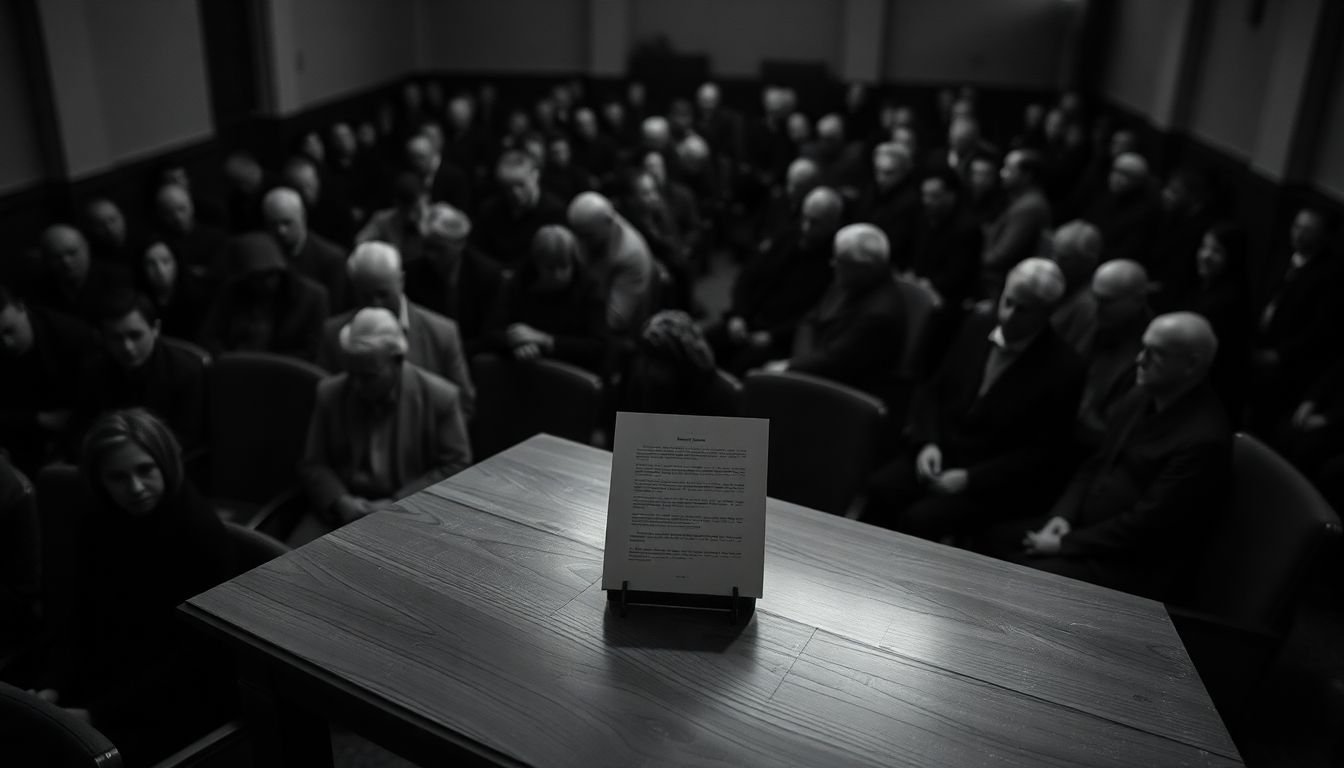
Understanding Title 42 and Its Application to Venezuelan Migrants
Title 42 is a public health law. It's not really about immigration. But it played a big role in border control over the last few years. It allowed officials to quickly expel people during a health crisis.
The Origins of Title 42: Public Health or Immigration Tool?
This law came into play during the COVID-19 pandemic. The government said it was necessary to protect public health. It allowed quick deportations to prevent the spread of the virus. But some argued it was a way to restrict immigration under the guise of health.
Trump Administration's Use of Title 42 on the Southern Border
The Trump administration expanded Title 42's use. It wasn't just for Mexicans and Central Americans. Venezuelans were also included. This meant many seeking asylum were turned away. They were sent back, even with dangerous conditions in their home country.
The Legal Challenge: Why the Deportations Were Blocked
The deportations faced strong legal challenges. Many believed they violated humanitarian principles. They argued that Venezuelans needed protection, not deportation.
Arguments Against Deportations Based on Humanitarian Concerns
Venezuela faces a huge political and economic crisis. Many people are fleeing violence and poverty. Sending them back could put their lives at risk. These arguments played a key role in challenging the deportations.
The Judge's Ruling: Key Points and Justification
The judge agreed with the humanitarian concerns. The court said the deportations could cause irreparable harm. It blocked the government from continuing these removals. The judge's decision focused on the potential danger to those deported.
Impact on Venezuelan Asylum Seekers and the Border
The court's decision has big implications. It offers immediate relief to many. But it also raises questions about border management.
Immediate Relief for Venezuelans Facing Deportation
Many Venezuelans no longer face immediate deportation. This gives them a chance to seek asylum. They can now stay in the US while their cases are heard. This is a big win for those seeking safety.
Potential Surge in Asylum Claims and Border Challenges
More Venezuelans may now seek asylum in the US. This could create challenges at the border. Officials may struggle to process all the claims. Resources could be strained by this influx.
The Broader Impact on US-Venezuela Relations
This ruling may affect US foreign policy. It highlights the US stance on the Venezuelan crisis. It could improve relations with those who support Venezuelan migrants. But it could also anger those who want stricter border control.
Reactions to the Ruling: Political and Community Perspectives
The court's decision sparked different reactions. Immigration groups praised it. Republicans criticized it.
Reactions from Immigration Advocacy Groups
Immigration advocacy groups celebrated the ruling. They called it a victory for human rights. One advocate stated, "This decision recognizes the urgent need to protect vulnerable Venezuelans." These groups continue to push for more protections.
Republican Party Perspectives and Potential Countermeasures
The Republican Party expressed concern. Some say the ruling encourages illegal immigration. They might push for legal challenges to reverse the decision. They want to maintain stricter border controls.
The Biden Administration's Stance
The Biden Administration's stance is complex. They ended some Trump-era policies. But they also face pressure to manage the border. It is possible their stance could shift in response to recent events.
Looking Ahead: What's Next for Title 42 and Venezuelan Migrants?
The future is uncertain. Appeals and legal battles are possible. Policy shifts could also happen.
Possible Appeals and Legal Battles
The government could appeal the judge's ruling. This could lead to more legal battles. The future of Title 42 remains uncertain.
Potential Legislative Actions and Policy Shifts
Congress could take action on immigration reform. This could change policies affecting Venezuelan migrants. New laws could offer more permanent solutions.
Conclusion
A judge blocked the deportation of Venezuelans under Title 42. This decision impacts asylum seekers and challenges border policies. Political reactions vary, and legal battles could continue. The future for Venezuelan migrants remains uncertain. It's a complex issue involving law, human rights, and international relations.